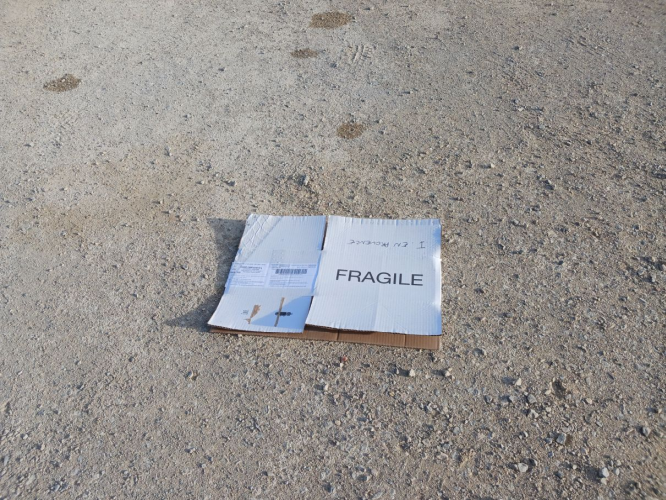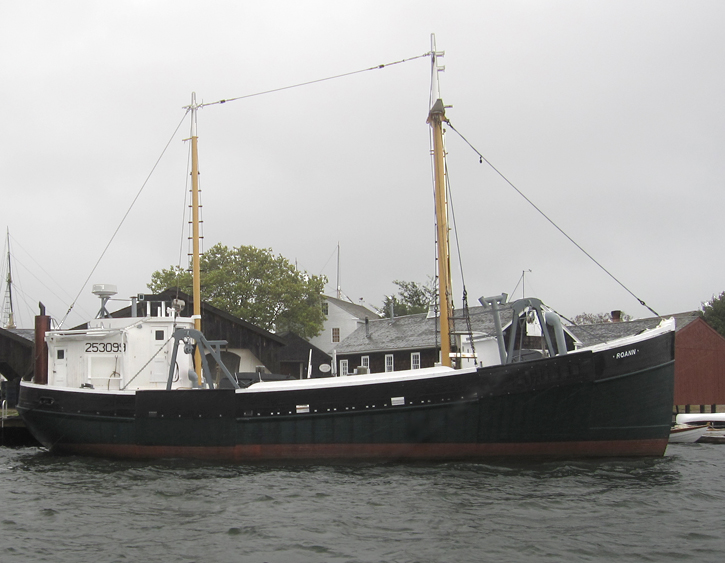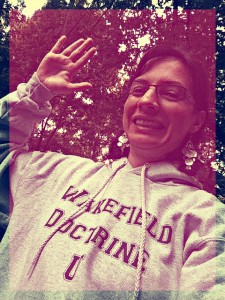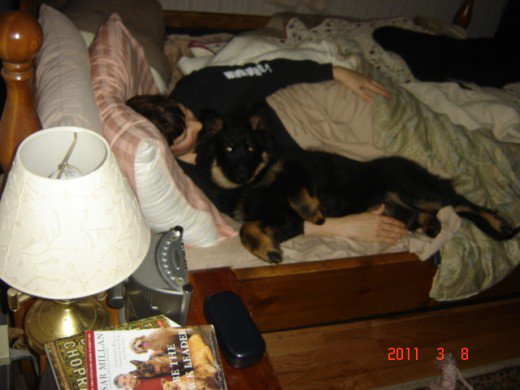Welcome to the Wakefield Doctrine (the theory of clarks, scotts and rogers)
See what happens when we try a photo-prompt from our friends to the east…(way East, so East they’re having lunch as we write). We referring, of course, to jenne and ceayr‘s hangout, the Unicorn Challenge.
Simple rules, subtly provocative photos and a gang of writers with mad talent at the wordage.
[CONTENTS]
heart(1); emotional center, Class 1 allegory
memory(∞); endless, un-adulterated
[INSTRUCTIONS]
If original packaging broken, Warranty void. Return in enclosed Mailer and avoid the past. Manufacturer not responsible if any attempts are made to replace failed parts.
[WARNING]
OEM not responsible for any and all attempts to repair unit. Replacement of parts, new or used are inadvisable and may cause further damage. If you feel the product was flawed or otherwise defective, you will incur a surcharge far greater than the original cost.
Thank you for purchasing a Life Enhancements product.
Our motto: We never really think how much it will cost.
No Refunds.
(Not that you’d consider it, for even a second.)
*









